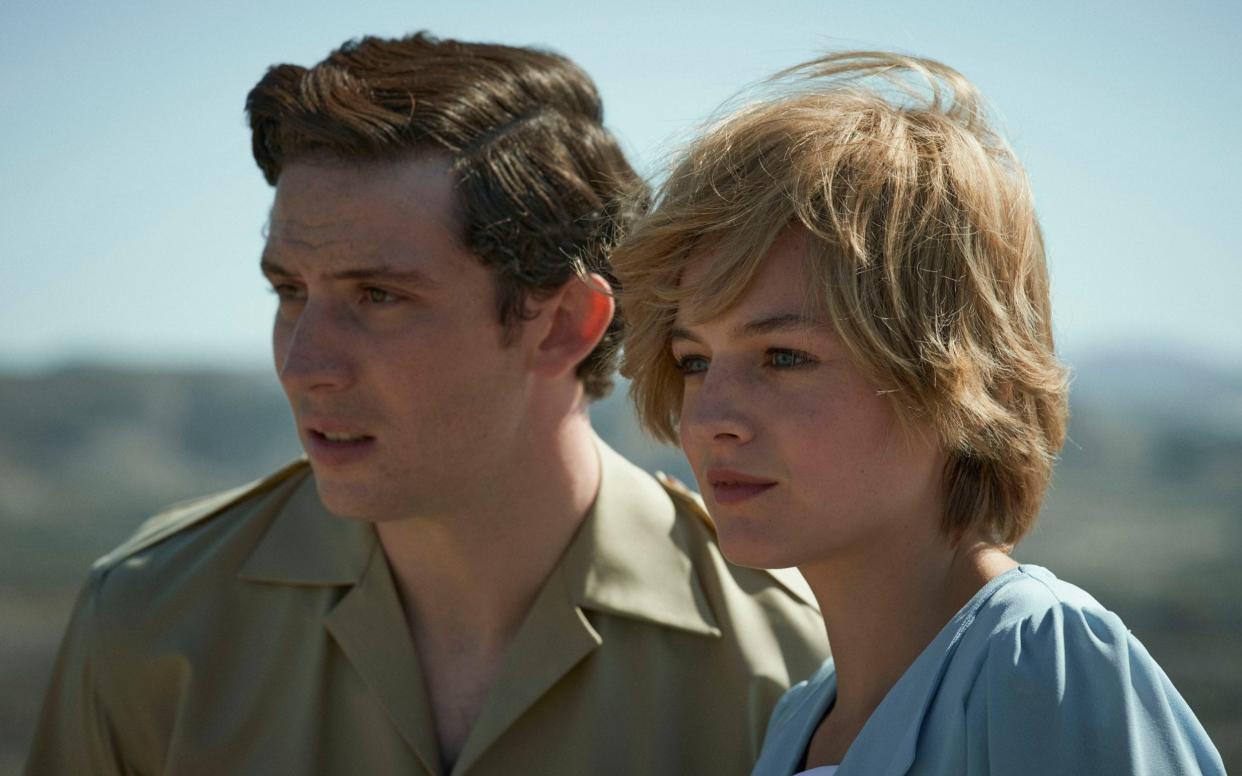Netflix's dystopian password crackdown treats its subscribers like criminals, and will only backfire

Netflix subscribers may have already felt they had achieved “peak dystopia” when they spent the pandemic binge-watching Emily In Paris in their all-day PJs. But now comes a fresh Orwellian horror with news that the world’s biggest streaming service is using its technology to snoop on customers and ensure they aren’t sharing passwords.
That chill down your back is the realisation that Netflix’s Matrix-like machine algorithms are trying to ascertain whether you’ve passed your log-in details to an extended family member. Computer says “no”.
Or actually, computer says, “is that really you?” A new alert system which Netflix is rolling out on a trial basis, will ask viewers to confirm their identity if logging in from outside a registered address. Netflix doesn’t just want your eyeballs – it wants to know your eyeballs are where they are supposed to be.
The company came out with its hands up after members of the public began posting screen-shots of the new questionnaire. “This test is designed to help ensure that people using Netflix accounts are authorised to do so,” it said in a statement.
You’ve got to wonder if the robots have taken over at Netflix. No human could see a possible upside to cracking down on account sharing. Netflix hardly needs the cash. Some 37 million new subscribers joined in 2020, bringing its global user base to 203 million. It recently hiked its charges, too, with the standard monthly package increasing from £8.99 to £9.99 and the premium package from £11.99 to £13.99 (the £5.99 basic plan remains the same).
O no. Netflix doing the purge?!? pic.twitter.com/XXlHtfgfsy
— chante most (@DOP3Sweet) March 9, 2021
Netflix needs to proceed cautiously. Rivals such as Disney + are undercutting it (Disney’s subscription is £7.99 per month). And on the screen its thunder has already been stolen in 2021 by shows such as WandaVision. Even the allure of The Crown may fade as real-life controversies around the Royals put mere drama in the shade.
Against that backdrop a move against subscribers sharing passwords feels petty and pointless. And convoluted too.
The way the new verification works is that the account holder is texted or emailed a one-time code with which they must then log-in. But the whole thing seems hugely half-hearted with a ‘verify later’ option allowing the viewer to ignore the prompt entirely. As of now living in Netflix’s digital hellscape is entirely discretionary.
Netflix might point to its terms of service, which state accounts are for personal use and “may not be shared with individuals beyond your household”. And in a 2019 earnings call its chief operating office Greg Peters said the company was “monitoring” the issue.
It has also been making noises about addressing the black market in skimmed passwords. The dark web – that internet Wild West crawling with illicit activity – reportedly does a brisk business in selling illegally obtained log-ins (typically garnered through hacking or identity theft).
But the problem with its present approach is that it assumes all users are criminals. If Netflix wants to make your grown-up child or grandmother feel like they are petty law-breakers then this is exactly the way to go about it.
And the truth is Netflix is no longer the only binge-watch game in town. If it continues to tighten the dystopian knots, then we have the option of Amazon Prime and Disney +, which recently upgraded its grown-up offerings with the new Star channel. At the present moment, especially, nobody wants to feel they are living in a cyberpunk-esque grimdark future. And if Netflix pushes on with its creepy monitoring of subscriber log-ins that is exactly where it will end up.

